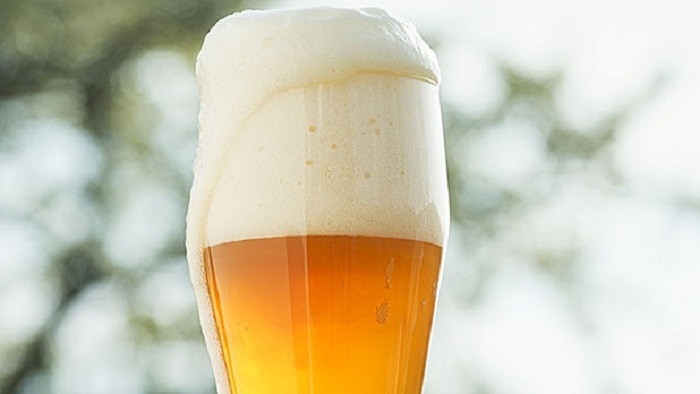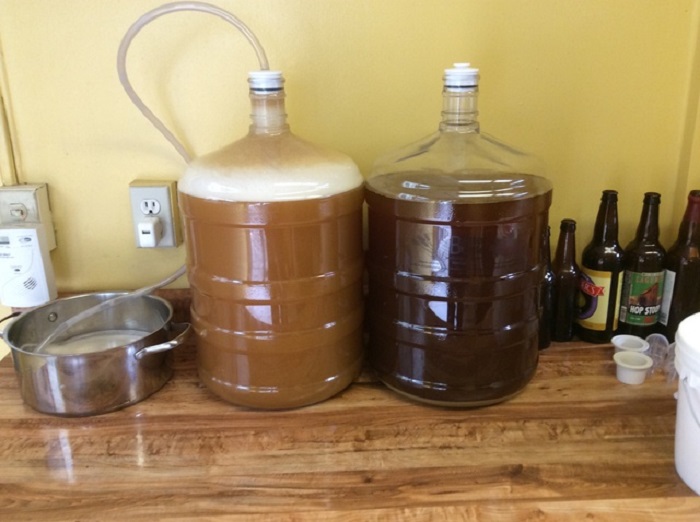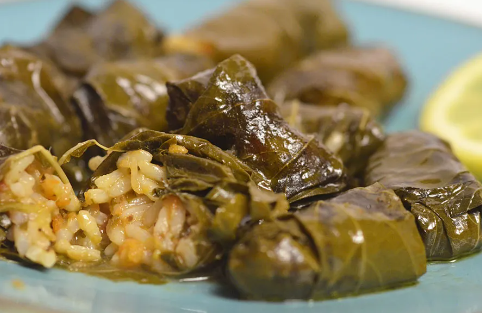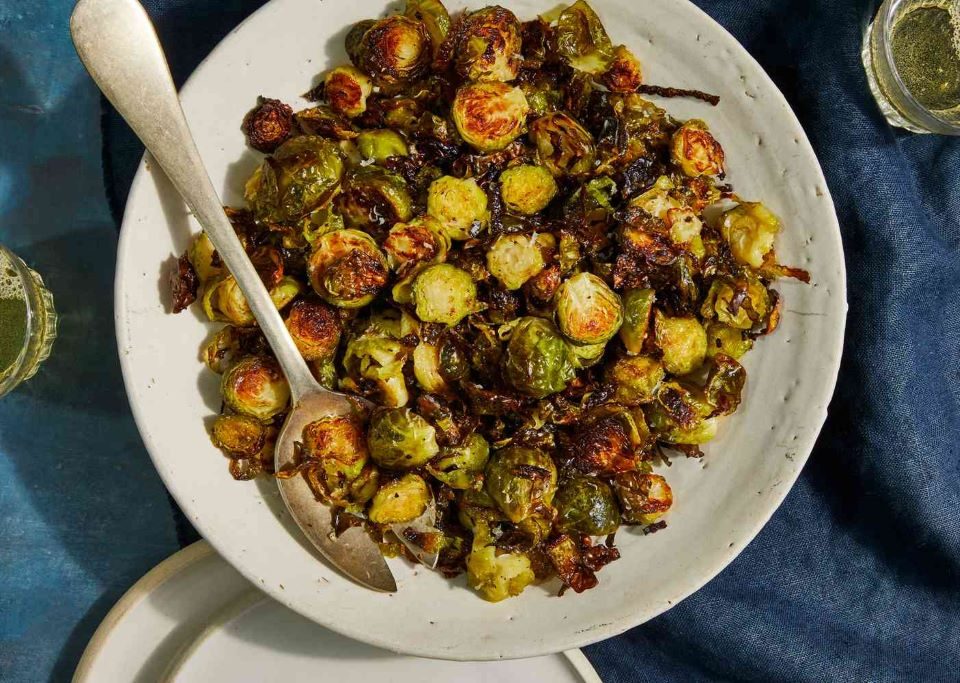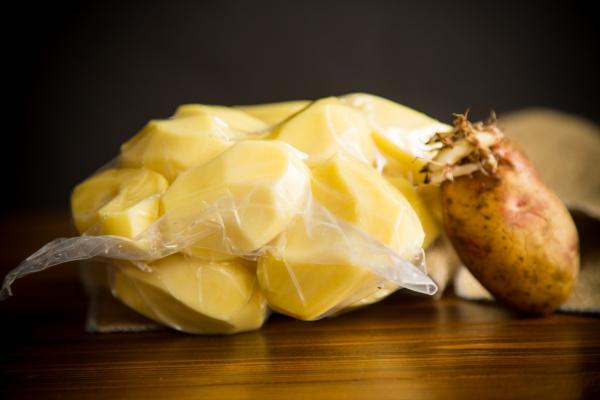Hefeweizen Recipe: How to Prepare Germany Wheat Beer at Home
Why Can’t We Tickle Ourselves
November 21, 2019Examples of the most reputable brands to give consideration to when analysing football kit retailers
November 26, 2019Hefeweizen is a wheat beer of Bavarian tradition. In German, hefeweizen means fermented wheat. So, named because this beer is not filtered. Tiny particles of the yeast sediment give the beer an unclear and cloudy appearance. For this reason, the Germans sometimes call the hefeweizen: Bottled bread.
Most do not usually have a glass of beer before noon, but the hefeweizen is light, fresh, quite low in alcohol, undeniably refreshing and, as Germans believe, good for digestion.
Table of Contents
ToggleHefeweizen recipe
(preparation time: 4 hours + fermentation 15 days + bottling 4 more hours)
Ingredients for 46 liters of beer:
- 8 kg of Weyermann Hefeweizen malt extract.
- 70 grams of Hallertau Tradition (pellets).
- 300 grams of wheat flakes.
- 125 ml of Wyeast liquid yeast for Weizen (Wyeast 3068 weihenstephan).
- OG: 1.050.
- FG: 1.010 / 1.012.
- Amaro 18 IBU.
- Alcohol 5% V.
Maceration:
Water required for maceration: 12.8 liters (2.5 liters/kg malt filling) Water required for washing: 17.9 liters at 78ºC. They have to remain about 25.5 liters at the beginning of cooking Simple maceration at 65 for 90 minutes.
Step-by-step preparation:
1) Dissolve the malt extract in a pot with about 10 liters of hot water.
2) Add more water until you reach a total volume of about 25 liters.
3) Bring the must to the boil and add 40 g of hops (inserted into a filter bag).
4) After 45 minutes add another 30 g of hops and place the cooling coil in the pot.
5) After 15 minutes, turn off the heat and start cooling, bringing the must to about 20 ° C (total boiling 60 minutes).
Hopping pattern:
– 1st hop range 40 gr – 60 minutes.
– 2nd hop range 30 gr – 15 minutes.
You may like also: Types of lips
6) Extract serpentine and hop bags and allow the clots in suspension in the have to decant for at least 15 minutes.
7) Transfer the must to the fermenter without transferring the deposit (about 22-23 liters should be obtained).
8) Add water up to the size of 46 liters. It should have a density equal to 1,050.
9) Pour the contents of the yeast bag, previously activated and vigorously mix to oxygenate.
10) Keep the fermenter at a temperature of 20-22 ° C 11 ) at the end of the tumultuous fermentation phase (after about a week), verified with the densimeter that the density is about 1018, decant the beer and let it rest for a week, even if the fermentation continues.
12) At the end of the second week, check the density with the densimeter if it has reached the value of 1.010 / 1.012 and it is stable for more than 24 hours proceed to the second decanting.
13) Leave to rest for at least two hours after decanting, meanwhile, prepare bottling equipment.
14) Proceed with bottling adding the sugar necessary for secondary fermentation in the bottle (Carbonation, about 8 g / liter).
15) Keep the bottles at a temperature of 18-24 ° C for two weeks at least so that the fermentation in the bottle takes place naturally.
16) Continue the maturation for at least another four weeks before tasting the beer.

